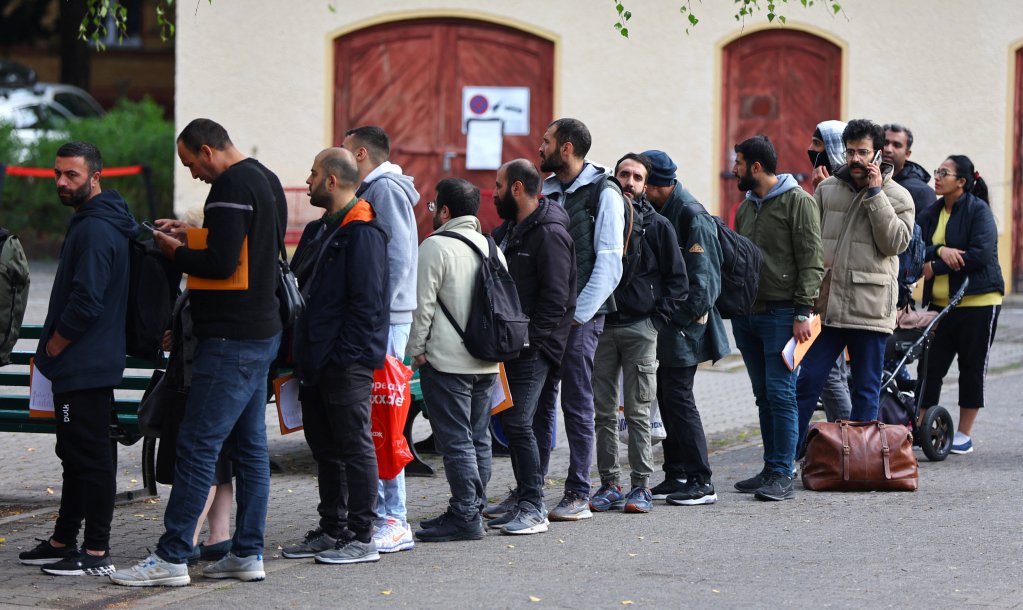The Administrative Court in Berlin issued a ruling rejecting the classification of Georgia as a safe country of origin in asylum procedures in Germany. This decision came in a case involving Georgian refugees whose asylum applications were rejected based on the German government’s December 2023 decision to classify Georgia as a safe country. The ruling indicated that classifying Georgia as a safe country of origin contradicts European Union law. According to the judgment, “There are significant doubts about whether defining Georgia as a safe country of origin complies with EU law.”
A Georgian couple filed a lawsuit challenging the rejection of their asylum application, which had been denied on the grounds that Georgia is classified as a safe country of origin. The couple submitted evidence that the husband was dismissed from his job and the wife was reprimanded—both due to their participation in pro-European Union demonstrations.
The ruling by the Administrative Court in Berlin was based on a prior judgment by the European Court of Justice, which established that for a country to be considered “safe,” the entire territory must meet that standard. This implies that countries experiencing regional conflicts cannot be deemed fully safe. The Berlin court noted that certain areas of Georgia—such as Abkhazia and South Ossetia—are affected by instability. It also cited concerns about violations of LGBTQ+ rights in the country. According to the court’s decision, the Georgian couple will be allowed to remain in Germany until a final verdict on their asylum case is issued.
In December 2023, the German government added Georgia to its list of safe countries of origin for immigration procedures. This decision resulted in faster deportations of Georgian nationals, following a rise in asylum rejections for applicants from countries newly designated as safe, including both Georgia and Moldova.
At the time, the government’s decision was sharply criticized by refugee rights organizations in Germany, as disability organizations believed that the Russian war on Ukraine represents security threats to many European countries, and human rights organizations believe that Georgia is witnessing widespread violations of LGBT rights.
The German Interior Ministry defines a safe country as one where individuals generally do not face persecution and where the state ensures the protection of its citizens—criteria the government deemed applicable to Georgia. According to earlier statements by the Federal Interior Minister, asylum applications from Georgian nationals account for 10% of all rejected claims. In the past year alone, German authorities deported 1,600 individuals to Georgia.
Georgia is experiencing a deepening political crisis that has escalated since last year, following widespread protests triggered by the government’s refusal to pursue European Union membership—a promise made during the 2024 elections. The protests have been marked by excessive force used by Georgian police and violations of the rights of pro-EU demonstrators.





